【新唐人2011年9月3日訊】最近中共少將金一南在講座中,列舉多起黨政軍高官向海外出賣情報的間諜案,視頻流傳到網上,引發國際媒體關注。中共喉舌媒體《環球時報》隨後發表評論,聲稱這些案件不是秘密,試圖為洩漏機密滅火。有評論指出,中共高官成為外國間諜,說明共產黨覆沒在即,官員各自逃生。
金一南提到的間諜案中,包括前中國駐韓國大使李濱被韓國收買、中國核工業集團總經理康日新向外國出賣中國核材料情報,以及全國社保基金理事會辦公廳主任佟達寧,向台灣洩露中共國務院和中央文件等案。
金一南透露,這些人犯的是向海外出賣情報的間諜罪,但是中共對外宣稱是經濟腐敗罪。
而《環球時報》評論員的文章說,金一南的講課並沒有洩密,他所舉的案例不是國家機密,只不過以前沒有被媒體公開報導過,或者報導的口徑不太一樣而已。
但是BBC評論指出,即使《環球時報》試圖撲火,但中共當局一貫視之為應該高度保密的中共黨內間諜案件,被洩露到網上,一定使當局既難堪又惱怒。
浙江專欄作家陳樹慶指出,中共把自己做的醜事作為國家秘密,才會遮遮掩掩。
陳樹慶:「他有任何醜聞、壞事情都喜歡內部處理。更何況他本身這些案子處理當中,也有很多不公正、不公平的地方。有些事情出於爭權奪利,或者政治迫害的原因,小事擴大化。那有些事情也有大事化小,為了防範中共露出更大的弊端、更大的醜聞。他這裡沒有甚麼司法公正。」
金一南在錄影中反問:「看看全世界,有哪一個國家的大使會成為別國的間諜?只有我們國家。」
他分析說,「幾十年的經濟改革後,我們見證了意識形態強度的缺乏,以及精神水壩的潰堤,導致了近期連續的叛變事件。」
不過,中國民主黨創建人之一,湖北異議人士秦永敏認為,中共高官成為外國間諜層出不窮,原因是:共產黨人心離散,大廈將傾。
秦永敏:「 他清楚的表明這個船要沉了。一些老鼠就開始匆匆的下船。在這種情況下,他們很多人都慌不擇路,只要有機可乘。我想這些人大部分不是因為有甚麼政治需要,而是多半都是為了個人目地,為個人留下一些後路。」
金一南談間諜案視頻上網後,海外媒體廣泛報導,包括英國金融時報,CNN,紐約時報,美國廣播公司,衛報,美國之音,BBC,悉尼晨鋒報,聯合早報和中央社等。
英國《金融時報》評論說,執政的中國共產黨將許多有關的軍事戰略、外交政策和政治體制的細節,當作國家機密對待。然而隨著互聯網的興起、中國國內公眾的辯論日益活躍,「內部」和「外部」之間的界線,正變得越來越模糊,像金一南這樣的軍校教員也常常發表爆炸性言論。
《環球時報》文章譴責把金一南的視頻放上網路的行為,聲稱這是對信息處理不負責任的傾向。《金融時報》引述北京大學國際關係學院教授朱峰的話說,「這反映出在當前全球化的時代,中國必須加強國家安全體系。」
不過BBC報導認為,金一南事件和近來中國微博網站的「闢謠公告」等,都會加速當局對互聯網尤其是微博採取更強的控制力度,避免出現類似的讓公眾太過知情的情況。
新唐人記者秦雪、周天採訪報導。
Chinese Spy Video Draws World Attention
Recently, in a lecture the Chinese Communist Party's (CCP)
Major-General Jin Yinan cited many spy cases, in which
CCP high-ranking military officials sold intelligence overseas.
After being put online, this video has drawn international
media attention.
CCP's mouthpiece media, Global Times later claimed that
the cases mentioned in the video are not secrets,
trying to downplay the significance of this video.
Some commented that Chinese officials as foreign spies,
indicating that the CCP's going to collapse soon,
and the officials are all trying to escape.
Jin Yinan mentioned several spy cases in the video.
Former Chinese ambassador to South Korea, Li Bin,
was won over by South Korea.
China Nuclear Industry Corporation's general manager
Kang Rixin sold nuclear intelligence to foreign countries.
National Council for Social Security Fund director
Tong Daning gave CCP State Council documents to Taiwan.
Jin Yinan said that these people's crime is espionage.
but the CCP's announced it to be corruption.
Global Times published an article saying that
Jin Yinan's lecture did not reveal any secrets.
The cases he cited were not state secrets.
They just have not been reported by the media previously.
BBC commented that even that Global Times tried to
downplay the incident, the Chinese authorities must be
embarrassed and infuriated, as these espionage cases
were always regarded as highly confidential,
and now they can be seen online.
Zhejiang-based columnist Chen Shuqing said that
the CCP treats all its own scandals as state secrets,
so it would try to cover them up.
Chen Shuqing: “(The CCP) likes to deal with all scandals
and negative things internally.
Not to mention the unjust and unfair things it does
in handling of these cases.
The CCP can exaggerate and trivialize things at will,
in order to persecute people or to prevent the exposure of
its shortcomings and scandals. There is no justice there."
Jin Yinan asked in the video:
"In the entire world, which country's ambassadors would
become spies for other countries? Only our country."
His analyzed, "After decades of economic reform,
we have witnessed the lack of ideological strength
and the collapse of people's spirit,
leading to the recent continuous defections.
Co-founder of China Democracy Party and Hubei-based
dissident Qin Yongmin believes that
the reason that an endless stream of CCP officials become
foreign spies is: the CCP is utterly isolated and collapsing.
Qin Yongmin: "This indicates clearly that the ship (CCP)
is about to sink, and the mice began to rush to disembark.
Many of the CCP officials are rushing to find a way out.
I don't think most of them have any political needs.
They just want to leave a way out for themselves.”
Jin Yinan's spy case video has been widely reported by
world media, including Financial Times, CNN, ABC, BBC,
The New York Times, The Guardian, the Voice of America,
Sydney Morning Herald, Singapore's Lianhe Zaobao
and Taiwan's Central News Agency, etc.
Financial Times commented that the ruling CCP treats many
details of its military strategies, foreign policies and its
political system, as state secrets.
However, with the rise of the Internet, the public debate in
China has become increasingly active.
The boundaries between “domestic” and “international” are
becoming increasingly blurred.
A military instructor like Jin Yinan
can even have frequent explosive comments.
Global Times condemned the practice of putting Jin's video
online, calling this irresponsible.
Financial Times quoted Professor Zhu Feng of the Institute
of International Relations at Peking University, as saying,
"This reflects that in the current era of globalization,
China must strengthen the national security system."
However, BBC's report said that the recent events would
accelerate the authorities' control of the Internet,
especially microblogs, to limit information to the public.
NTD reporters Qin Xue and Zhou Tian
看下一集
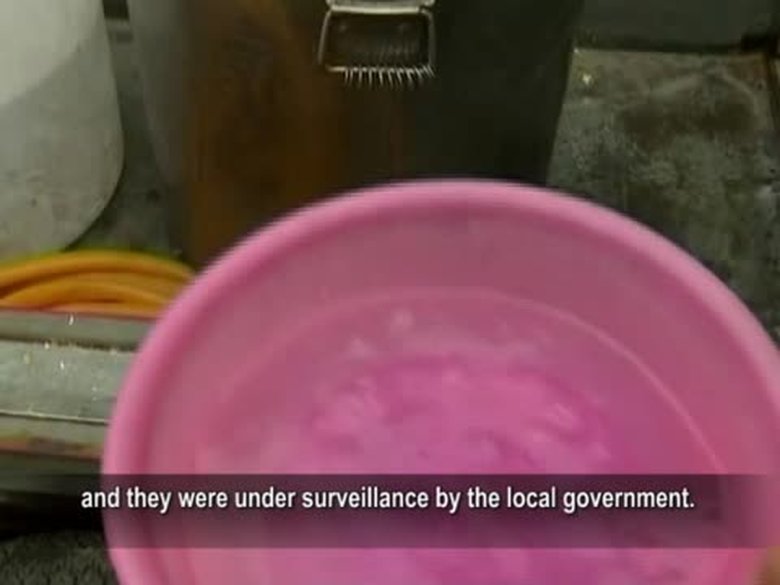
【禁聞】我們要讀書:民工子弟夢碎北京

【禁聞】中國政治與經濟制度 沙灘大廈之危

【禁聞】中資12億美元收購美棒球隊
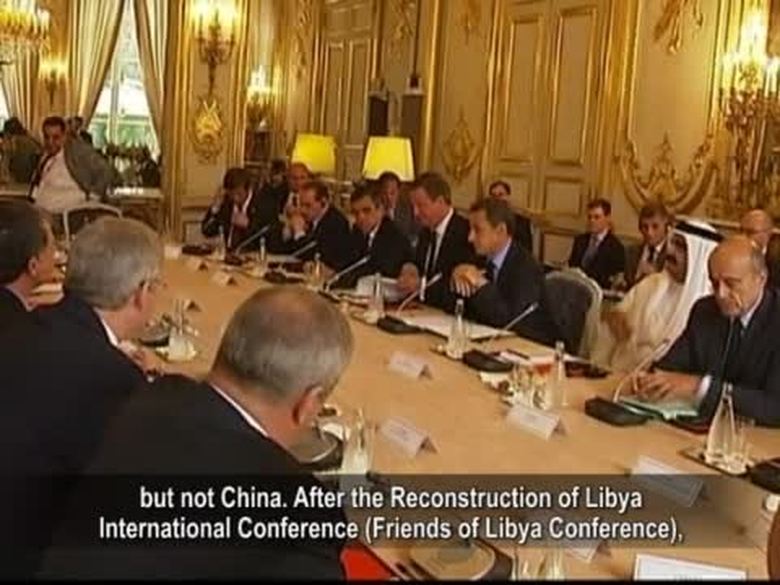
【禁聞】利益掛帥 外媒稱中共「變色龍」
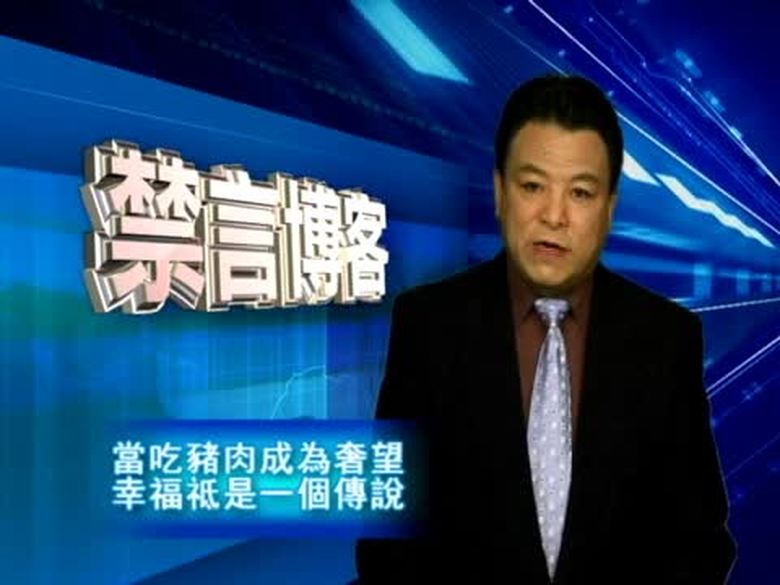
【禁言博客】當吃豬肉成為奢望
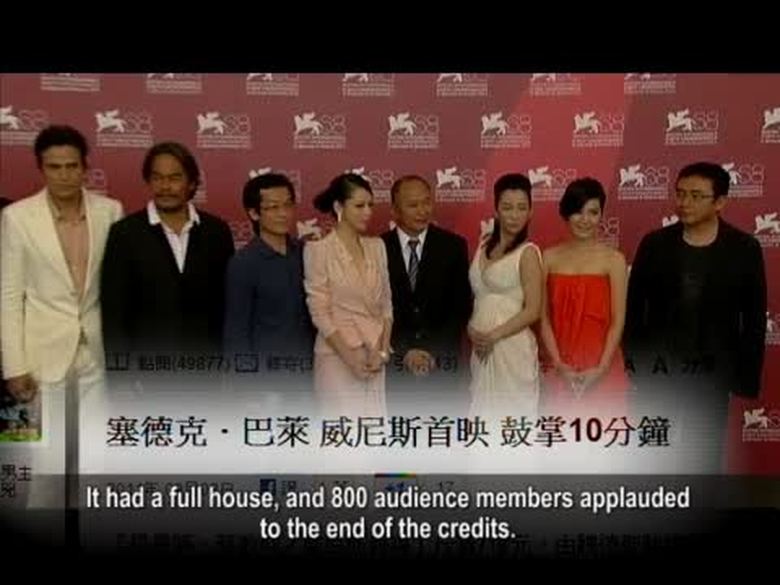
【禁聞】《賽德克.巴萊》 兩岸影評大不同
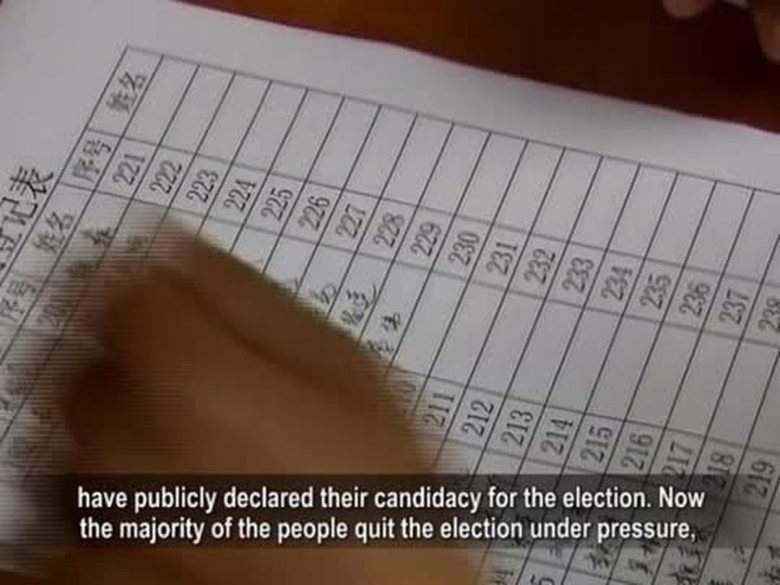
【禁聞】不怕打壓 異議人士投入大選舉
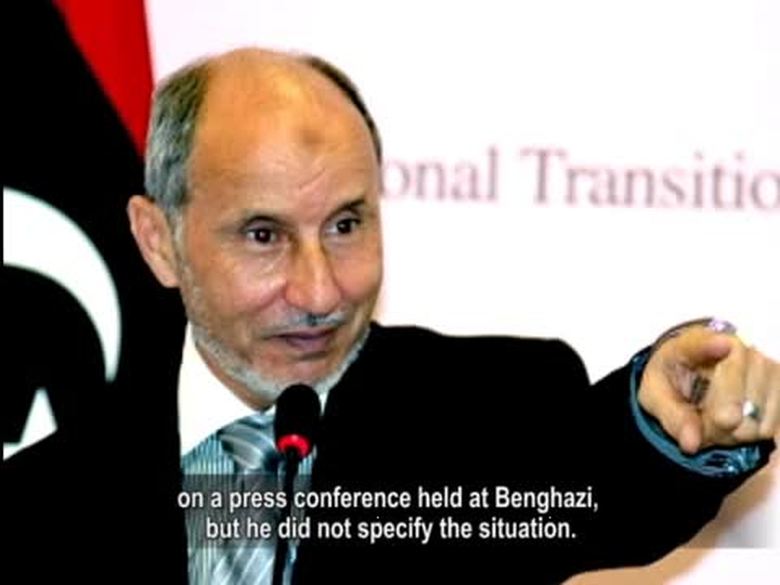
【禁聞】「騎牆外交」 利斥中共阻解凍資產
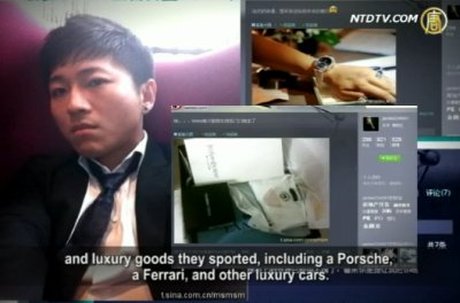
【禁聞】「八萬哥」一餐8萬 上中央黨校吃喝
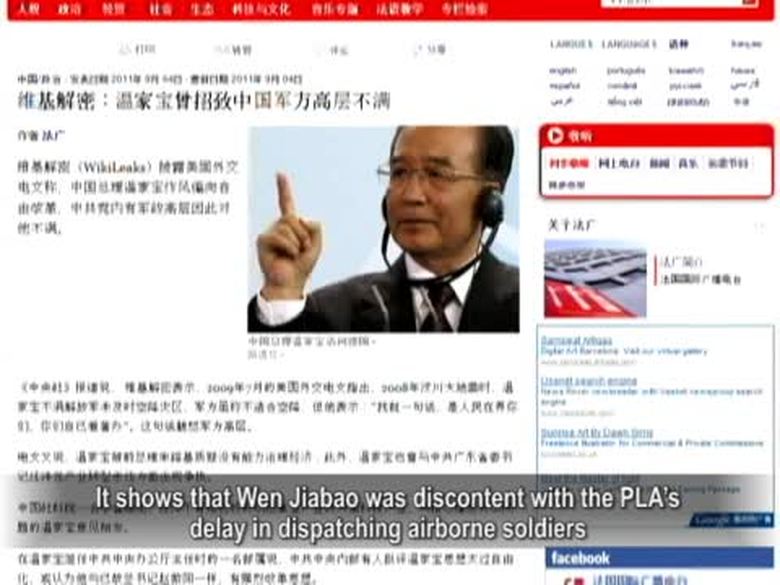
【禁聞】美電揭中共內鬥 溫任內難有作為
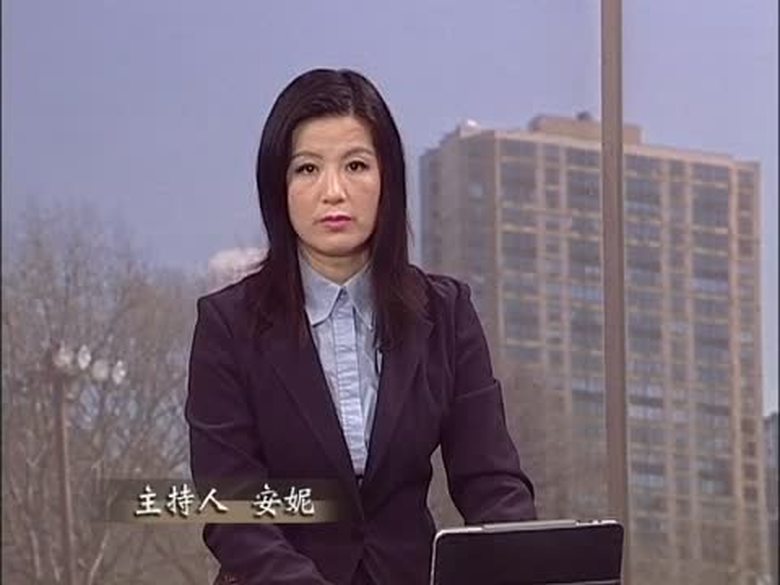
【禁聞論壇】溫家寶的尷尬

【禁聞】中共出售軍火給卡扎菲 外交部否認
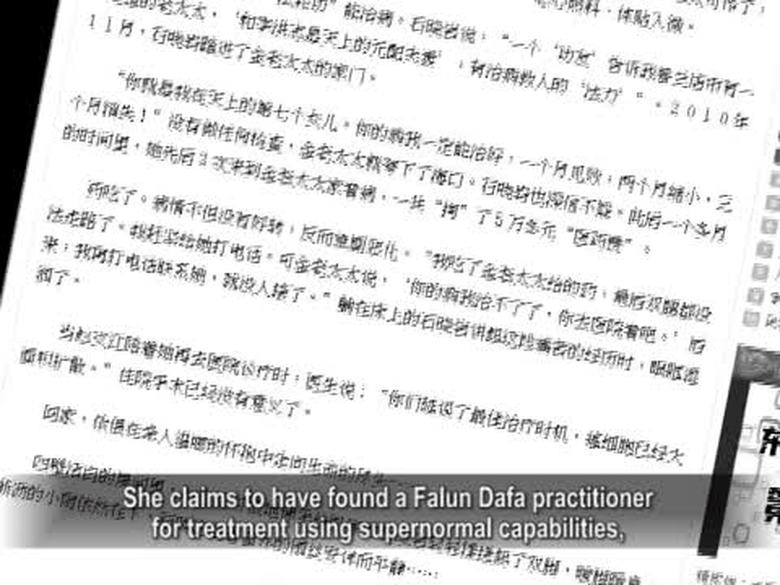
【禁聞】中共再詆譭法輪功 借迫害轉嫁危機
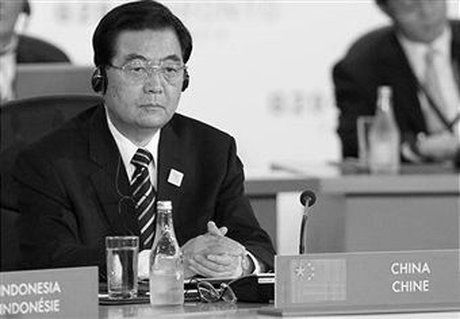
【禁聞】切尼:與胡錦濤對話 李肇星“監視”
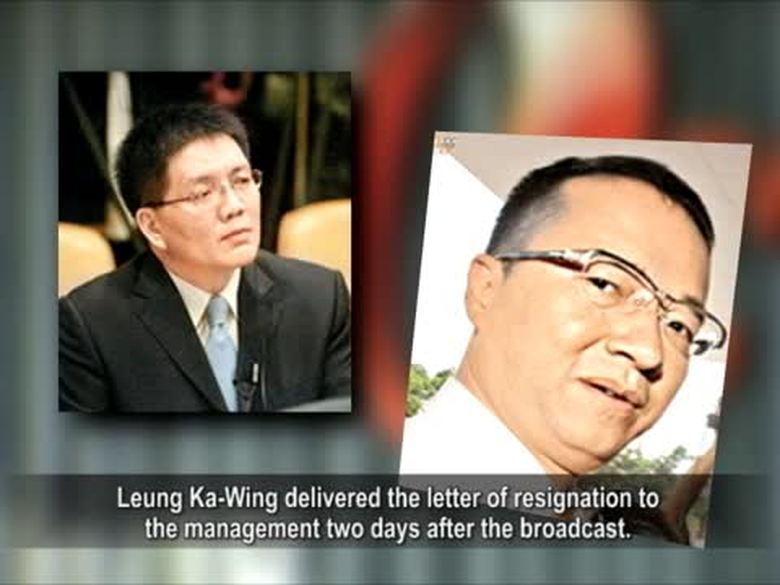
【禁聞】江澤民死訊餘波未了 亞視大地震
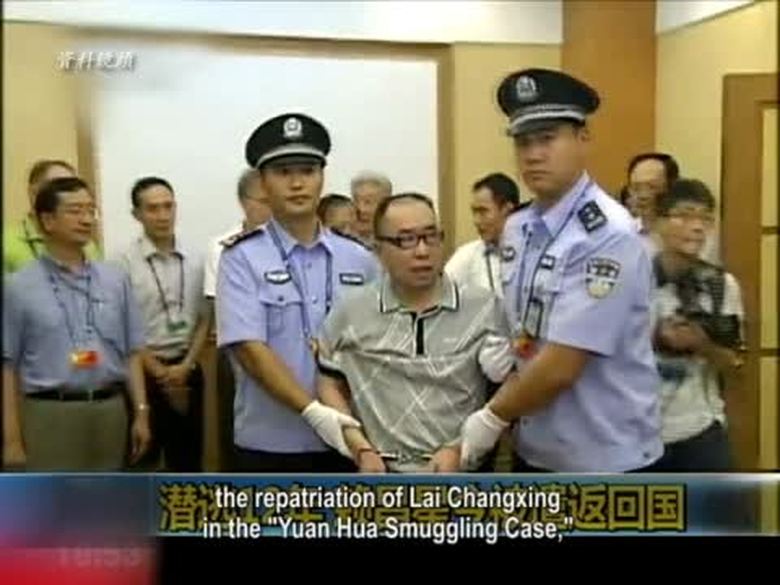
【禁聞】加劇迫害法輪功 江派慾拖胡溫下水








